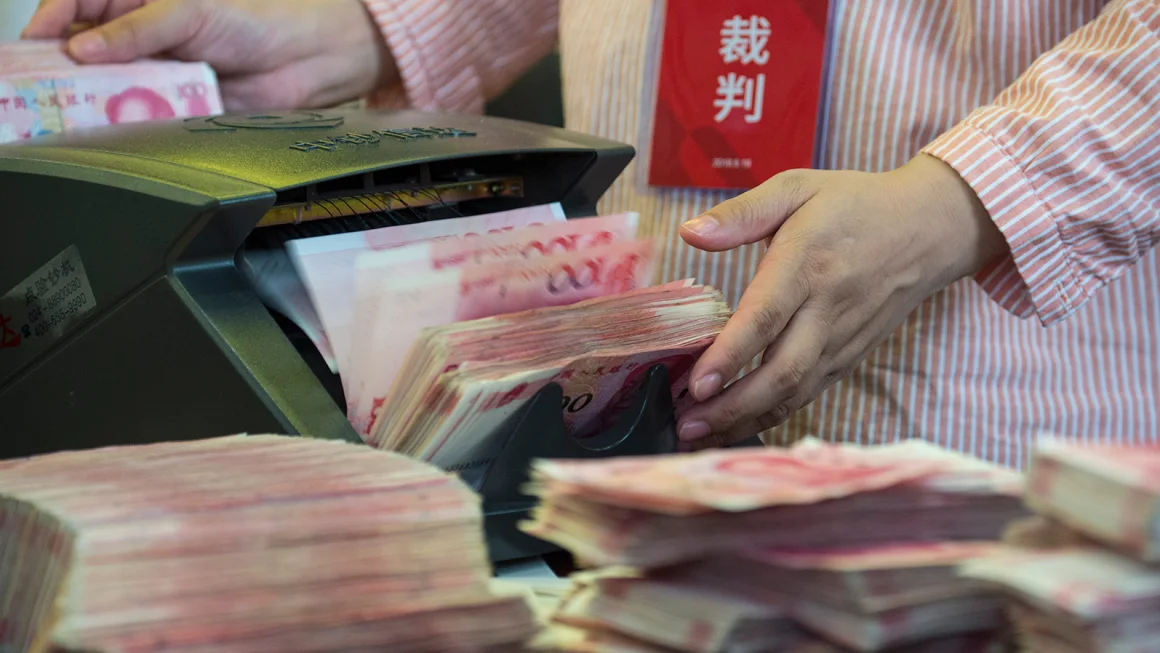China’s real estate crisis is coming for its massive shadow banks

China’s real estate crisis is coming for its massive shadow banks.
As a result of Moody’s surprise downgrade of China’s credit outlook this week, there are growing concerns that the country’s real estate crisis will spread to the broader economy.
Even though the risk of contagion, particularly via losses at shadow banks, is increasing, analysts say China is not experiencing a “Lehman moment,” referring to Lehman Brothers’ collapse in 2008, which worsened the global financial crisis.
As a result of the impact on the country, Larry Hu, chief China economist at Macquarie Group, is calling on investors outside of China to pay attention to the situation.
“The current property downturn is the biggest drag on the Chinese economy over the past few years, and it also poses the biggest tail risk at the moment,” he said, referring to something unlikely but still possible.
In particular, there is concern over the spillover effect on China’s shadow banking sector, a mysterious and substantial part of the entire financial system of the country.
Two major players have failed to make payments to investors in recent months, putting the industry in the spotlight at its narrowest definition. If asset management products and consumer loans are added, the industry is worth as much as $12 trillion. There is significant exposure to the property market for both of them.
One of China’s largest financial conglomerates, Zhongzhi Enterprise Group, declared itself insolvent last month after missing payments on dozens of investment products. A criminal investigation is now underway against the company.
After Zhongzhi announced its financial troubles, China’s state media reported that Hangzhou-based Wanxiang Trust had delayed payments on several hundred million dollars worth of investment products.
